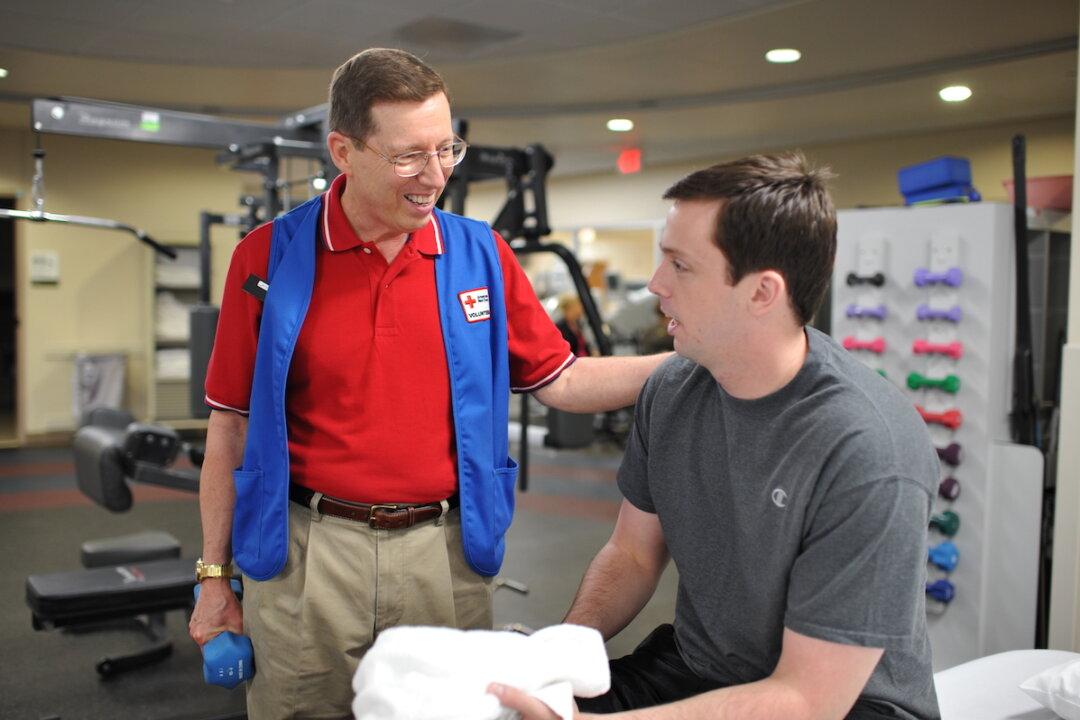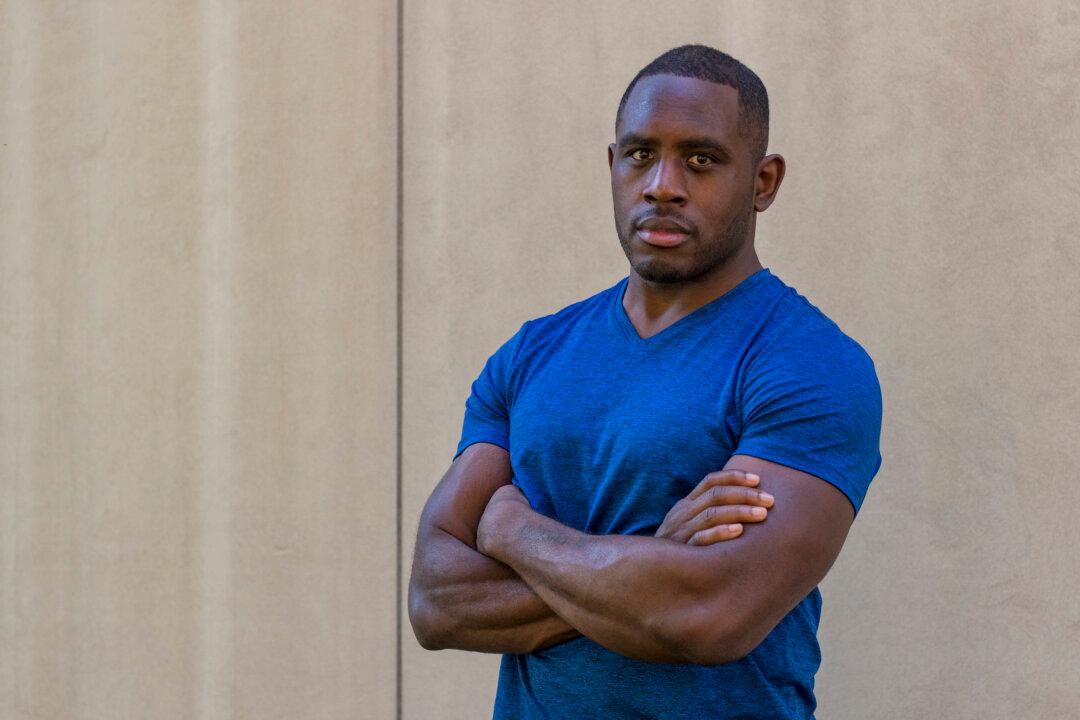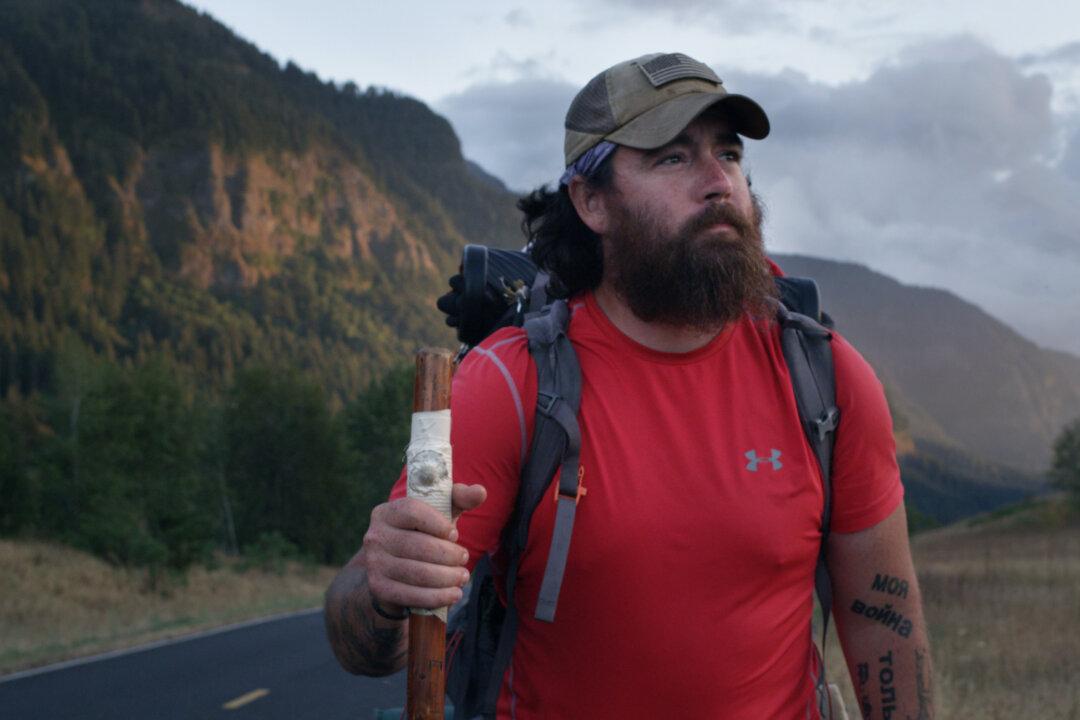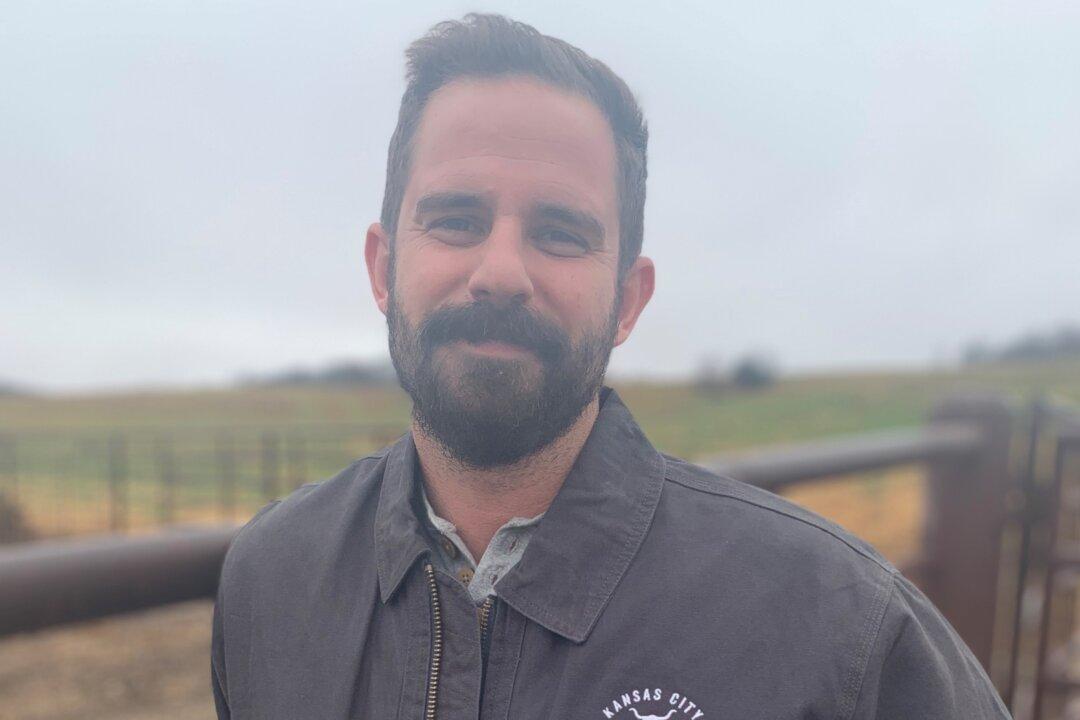Many men and women feel an obligation to serve their country in the armed forces, and many make serious sacrifices to protect the nation. This Vietnam veteran was wounded, but after his time in the military he still felt a need to continue to serve.
Stephen Peth of Nokesville, Virginia is a 72-year-old Vietnam War veteran. He was a helicopter rescue pilot during the conflict, and his unit was known by the call sign DUSTOFF, which was considered one of the more dangerous jobs in the United Stated Army.






